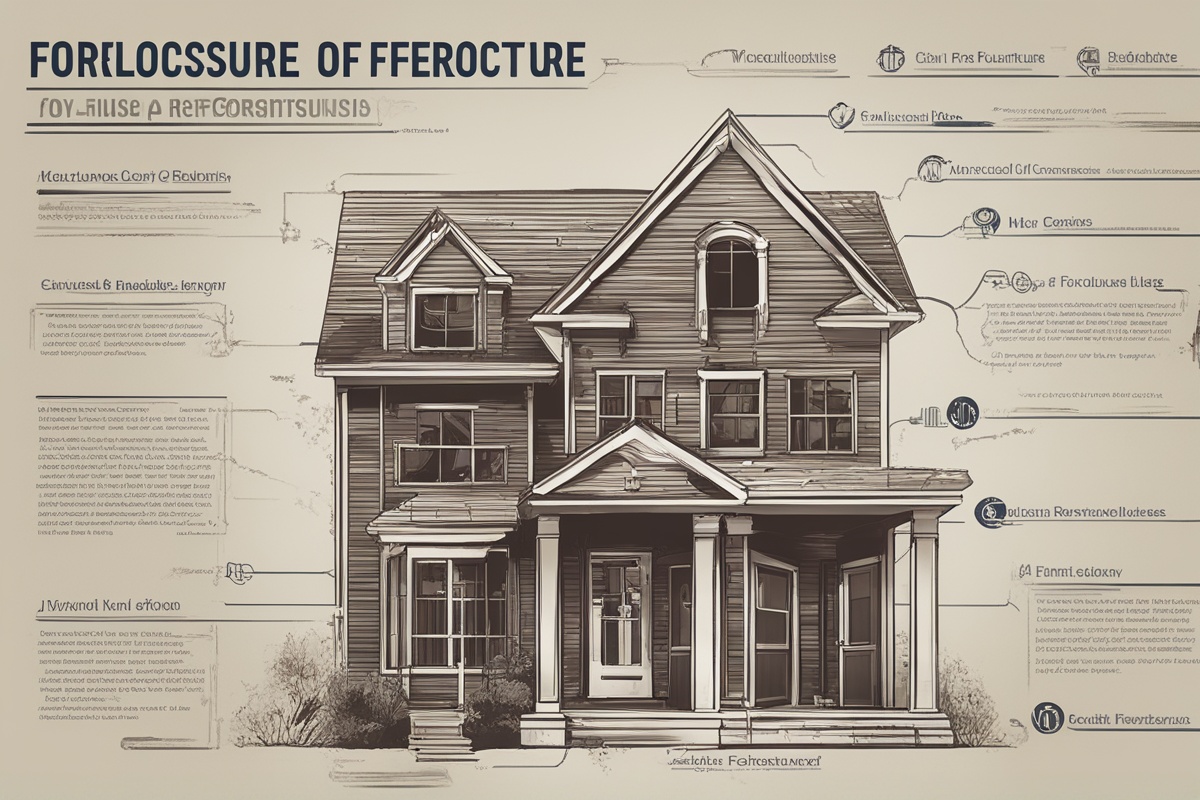Navigating the world of property recovery can be complex, especially for those unfamiliar with the specialized terminology used in this field. Whether you’re dealing with insurance claims, disaster recovery, or legal disputes over property, understanding the key terms in property recovery is essential for effective communication and decision-making. This glossary entry aims to break down the most critical concepts and phrases associated with property recovery, providing clarity for homeowners, business owners, and professionals alike.
What Is Property Recovery?
Property recovery refers to the process of restoring, reclaiming, or compensating for lost, damaged, or stolen property. This can occur after natural disasters, accidents, or legal disputes. The term encompasses a wide range of activities, from physical restoration of a damaged building to financial recovery through insurance claims or legal settlements. Understanding the key terms in property recovery helps individuals and businesses navigate these often challenging situations with greater confidence.
Essential Key Terms in Property Recovery
Below, we define some of the most important terms related to property recovery. Familiarizing yourself with these concepts can make a significant difference when working with insurance companies, contractors, or legal professionals.
- Insurance Claim: A formal request made to an insurance company for compensation or coverage for a loss or damage to property. Filing a claim is often the first step in the property recovery process after an incident.
- Loss Assessment: The evaluation of the extent of damage or loss to a property, typically conducted by an insurance adjuster or a professional appraiser to determine the value of the claim.
- Restoration: The process of repairing or rebuilding a property to its pre-loss condition. This can include structural repairs, cleaning, and replacing damaged materials.
- Salvage Value: The estimated value of damaged property that can still be sold or reused. This term often comes into play during insurance settlements to offset the total loss amount.
- Mitigation: Actions taken to minimize further damage to a property after an initial loss. For example, boarding up windows after a storm to prevent water intrusion.
Legal Terminology in Property Recovery
Property recovery often intersects with legal processes, especially in cases of disputes over ownership, liability, or insurance payouts. Here are some critical legal terms to know:
- Liability: Legal responsibility for damage or loss to property. Determining liability is crucial in recovery cases involving negligence or intentional harm.
- Settlement: An agreement between parties to resolve a dispute or claim, often involving a financial payout to cover property damage or loss.
- Subrogation: The process by which an insurance company seeks to recover the amount paid on a claim from another party deemed responsible for the damage.
For more insights into legal aspects, check out our detailed guide on Understanding Property Disputes.
Insurance-Related Key Terms in Property Recovery
Insurance plays a pivotal role in property recovery, and the associated terminology can be particularly dense. Below are some terms that frequently arise during the claims process:
- Deductible: The amount a policyholder must pay out of pocket before insurance coverage kicks in for a claim.
- Policy Limit: The maximum amount an insurance company will pay for a covered loss. Knowing your policy limit is critical when planning recovery efforts.
- Exclusions: Specific conditions or events not covered by an insurance policy. Understanding exclusions can prevent surprises during the recovery process.
If you’re new to insurance claims, our post on Navigating Insurance Claims offers practical tips to streamline the process.
Disaster Recovery and Property Terms
Disasters, whether natural or man-made, often necessitate property recovery efforts. Here are some key terms specific to disaster recovery:
- FEMA Assistance: Aid provided by the Federal Emergency Management Agency (FEMA) to individuals and businesses affected by declared disasters. This can include grants for temporary housing or property repairs.
- Hazard Mitigation: Long-term strategies to reduce the risk of future property damage, such as elevating buildings in flood-prone areas.
- Reconstruction: The complete rebuilding of a property after it has been deemed a total loss due to a disaster.
For additional resources on preparing for disasters, visit our article on Disaster Preparedness Tips.
Why Understanding Key Terms in Property Recovery Matters
Grasping the key terms in property recovery is more than just an academic exercise—it’s a practical necessity. Misunderstanding terms like “deductible” or “subrogation” can lead to costly mistakes during insurance claims or legal proceedings. Additionally, clear communication with contractors, adjusters, and legal counsel hinges on a shared understanding of these terms. By educating yourself, you empower yourself to make informed decisions, whether you’re recovering from a minor incident or a major disaster.
To dive deeper into related topics, explore our glossary entry on Insurance Terms Explained or read about Property Restoration Basics.
Disclaimer: The information provided in this article is for general informational purposes only and does not constitute legal, financial, or professional advice. Property recovery processes and terminology may vary based on location, insurance policies, and specific circumstances. We recommend consulting with a qualified professional, such as an attorney, insurance adjuster, or contractor, for personalized guidance on your property recovery situation.
References
- Federal Emergency Management Agency (FEMA) – Individual Assistance Program
- Insurance Information Institute – Understanding Your Insurance Deductibles
- Nolo – Property Damage Claims FAQ
- DisasterAssistance.gov – Federal Disaster Recovery Resources
- Consumer Financial Protection Bureau – What is Subrogation?
This content is for informational purposes only and not a substitute for professional advice.





